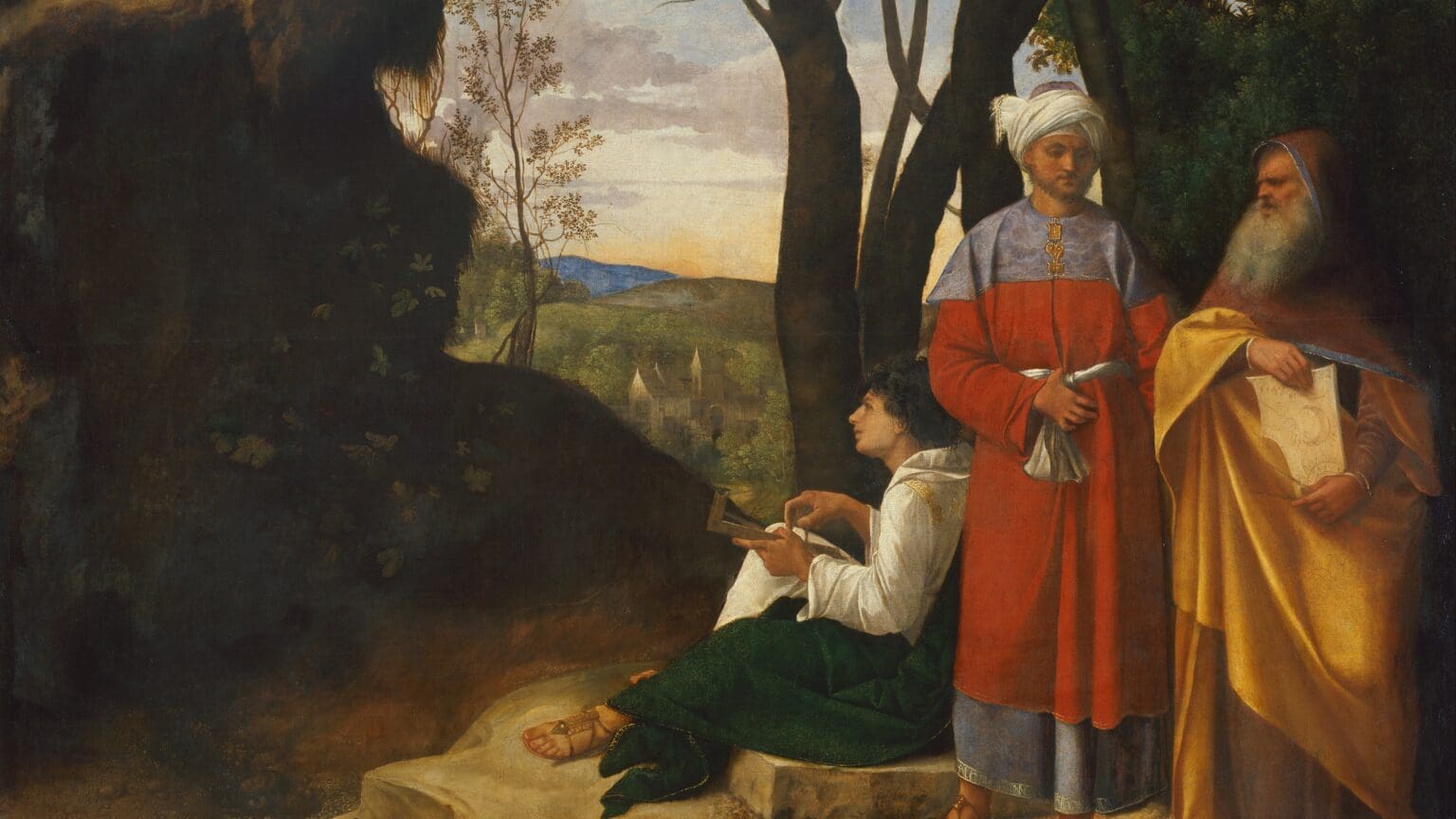
‘A successful republic, according to Machiavelli, is characterized by laws that are lived by rather than frequently amended. While no system of governance can achieve absolute perfection, a stable republic can achieve a functional balance. For him Rome serves as a historical exemplar of such a system, where laws were respected and adhered to, placing communal benefits above personal gain, thus prudently managing both public and private affairs.’
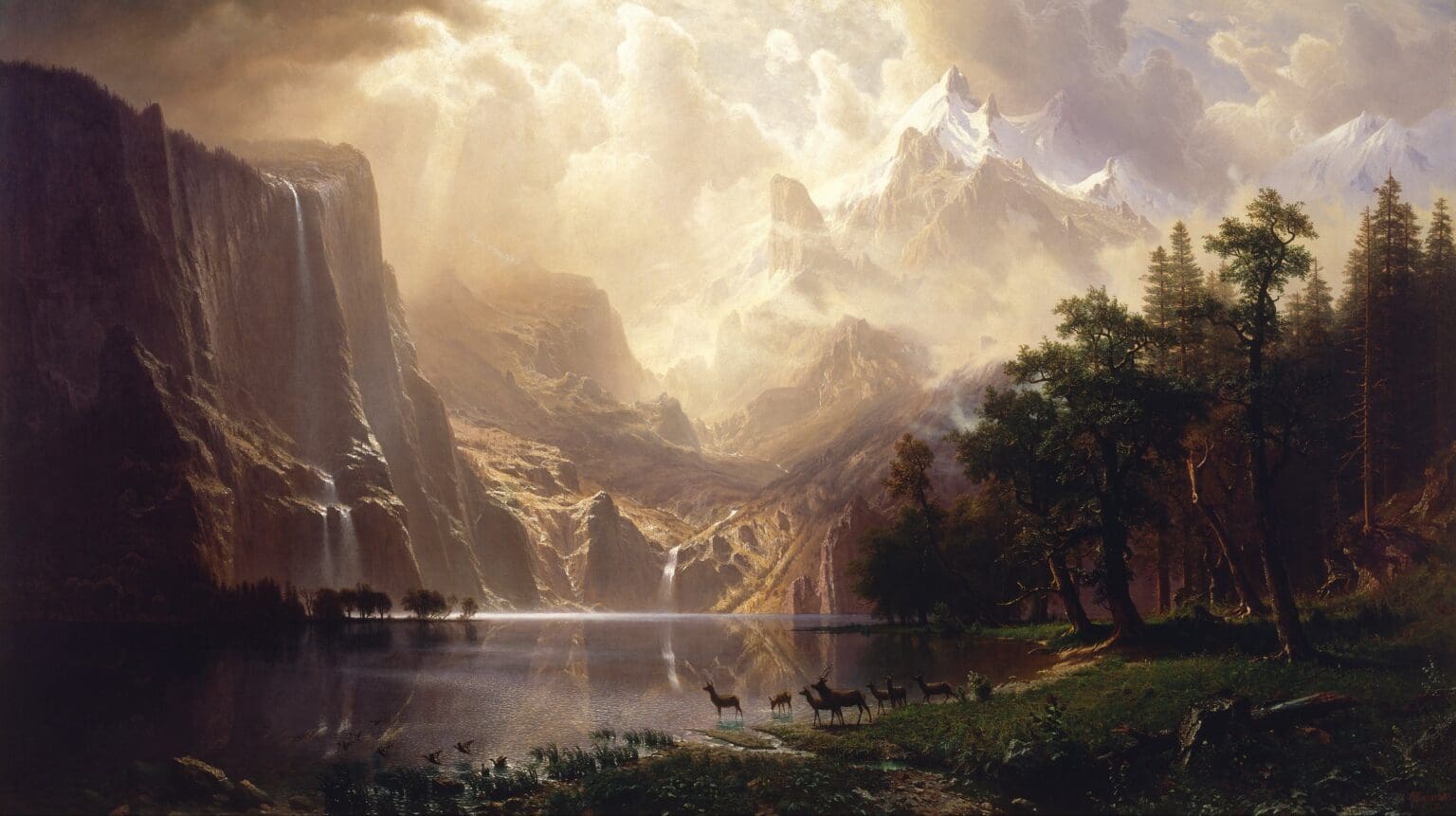
‘Before the term “liberal” became ideological, it referred to much more general, non-political characteristics: open-mindedness, generosity, and the like…Liberalism, however, marked the triumphant beginnings of modernity, which aimed to create a political morality called “the conception of rational choice as the generator of political order”.’
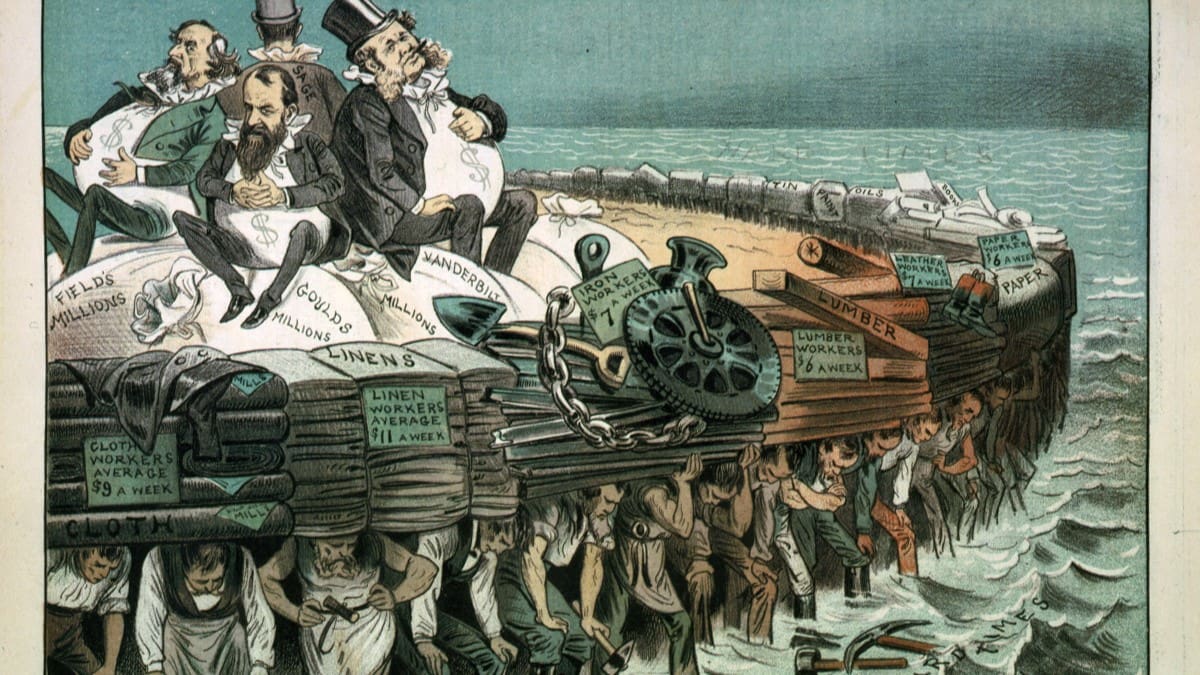
‘According to the main line of progressivists, the struggles of history lead to a just or more just society, just as science eventually overcomes “superstition”. Ironically, today’s supporters of the ideology of progress are often those post-Christian materialists who believe that religion…is also nothing more than a kind of “superstition”, even if this superstition is somewhat more complex, has moral lessons and has contributed constructively to “the democratic roots of Europe”. On the other hand, we can find many explanatory arguments as to why the idea of progress in a general sense applied to the human world or human nature can actually be considered a superstition—that is, a contra-factual idea that is completely opposed to the self-image of modern natural scientific thought.’
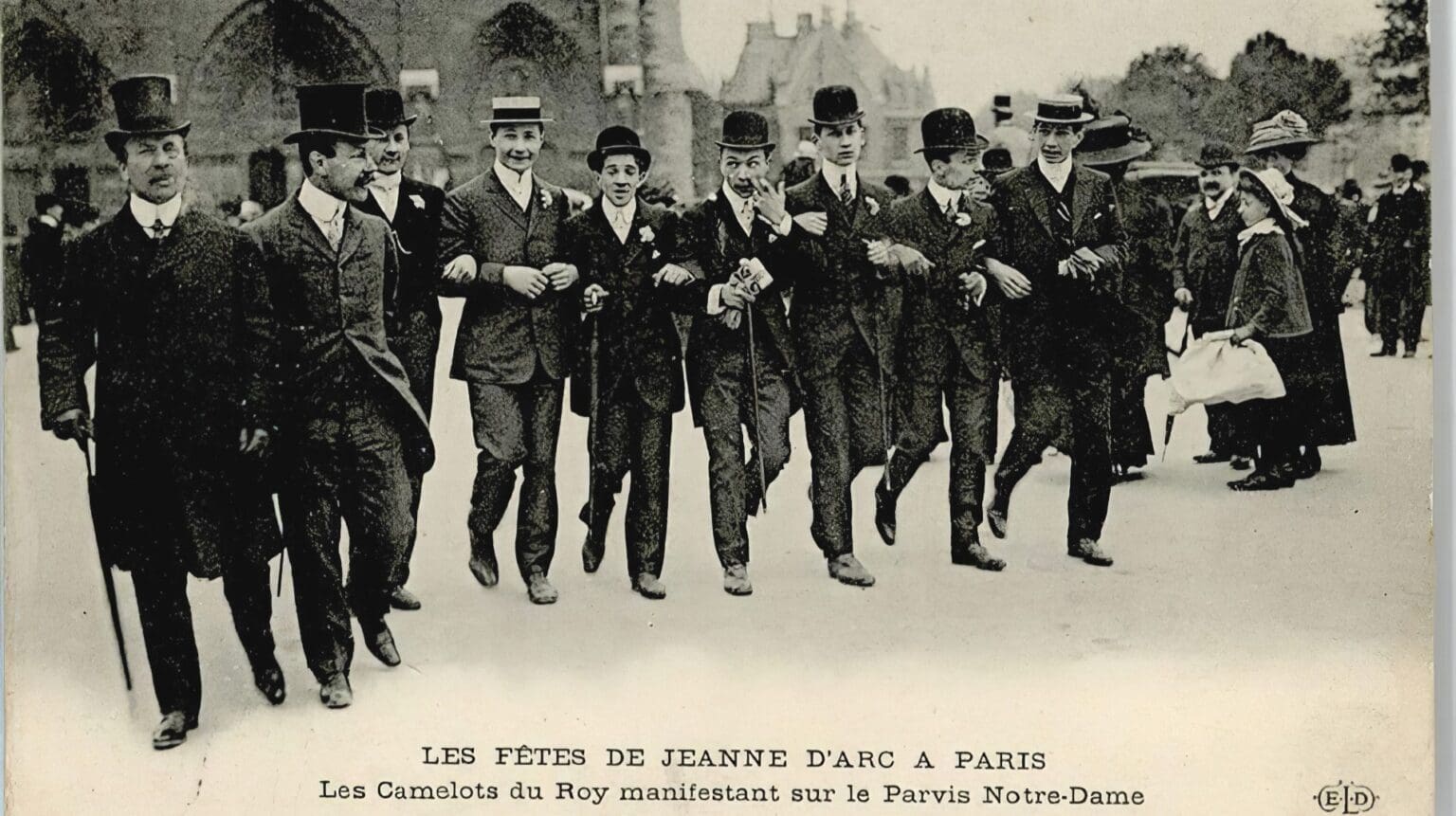
‘The lessons from Molnar’s book about Bernanos remain fresh today. The “fascist temptation” has not disappeared, but only appears in new forms…Bernanos’s prophecy is interesting because there are still today, and probably always will be, movements that call for a radical break with the past, and announce a return to the “pure source”, with the creation of an imagined future order or return to a past order and hierarchy that has not yet been corrupted.’
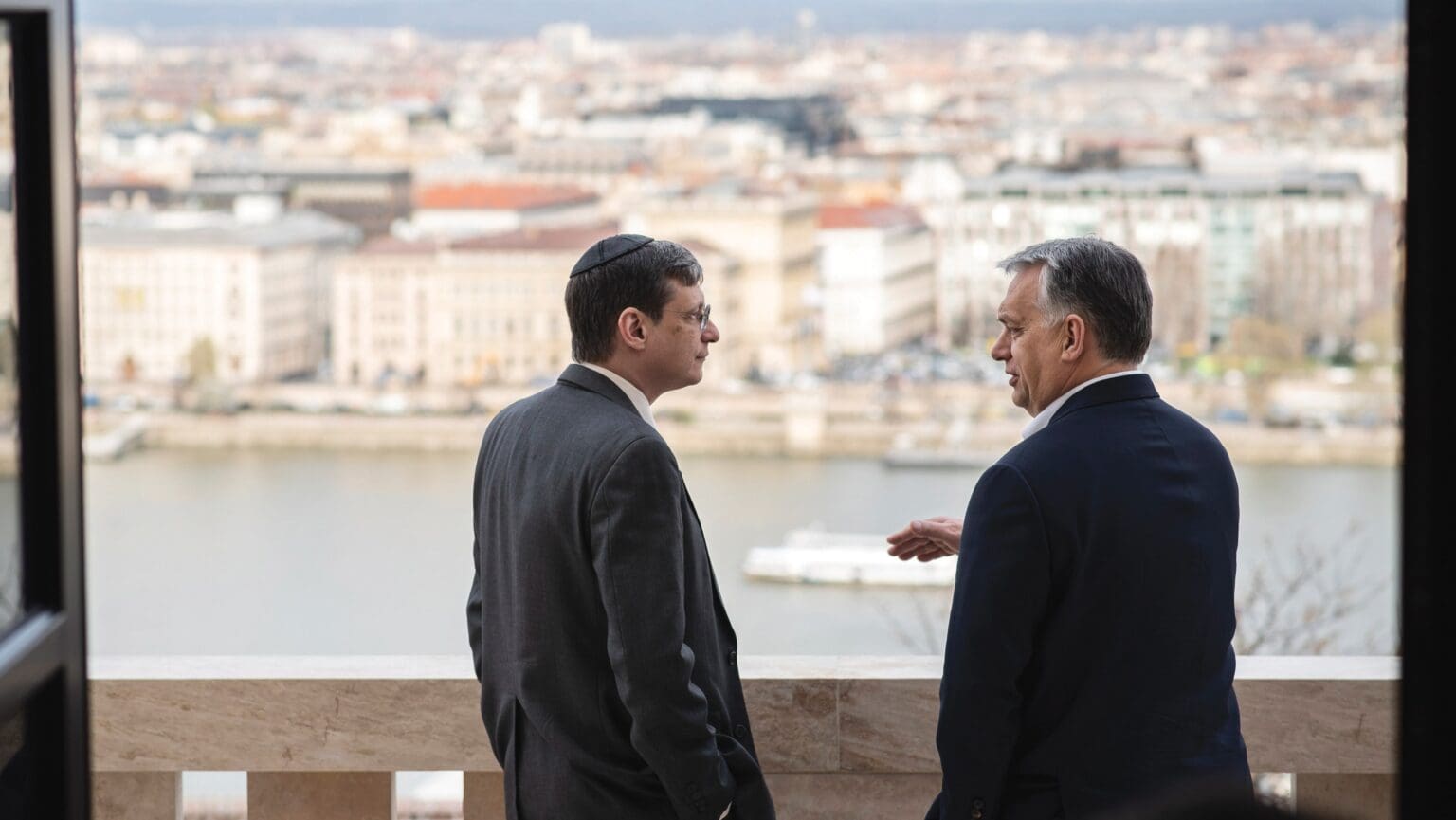
‘The question I am left with about Hazony’s rediscovered conservatism is whether it is a conservatism that is, or could be, rediscovered, or is it a conservatism that has never existed. And, even if it did exist at one time, could it ever exist in current circumstances, in which we live in a far more open type of society than Hazony envisages? If this latter is not the case, then as one who values aspects of our openness and indeed our rationality more than Hazony appears to, I have to conclude that, for all its merits and passion, Hazony’s book offers us no more than a dream.’
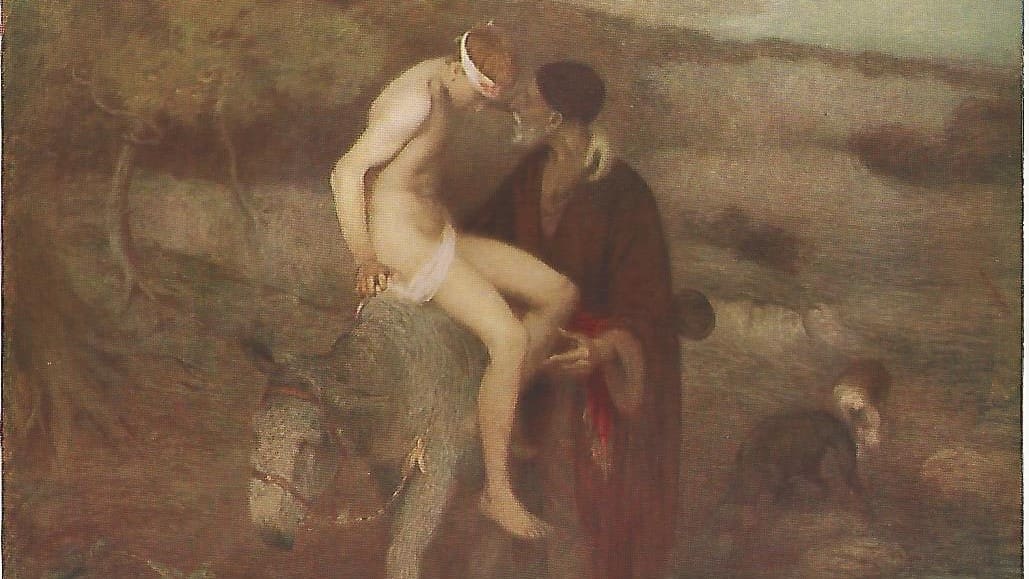
‘The flaw in the progressive hyper focus on moral rights is that it removes the ability of reality testing outside the subjective experience. Therefore, it feeds our narcissistic tendencies, which in turn enhances destructive behaviour, anxiety, depression, and above all, undermines mental resilience. Psychologically speaking, focusing only on our moral beliefs gives rise to many problems. First and foremost, human identity can only be stable if it is embedded in an external world.’

‘In the modern, global-technological civilization based on the parallel structures of technical rationality, the idea of freedom still arises as an “abstract freedom” that is allegedly “the same for everyone”. But, regarding recent facts and conditions, this concept of freedom has lost all realistic content. Following the example of the idea of philosophical atomism, the human individual is still imagined as an atom, and from this social atomism it also follows that the modern individual is no longer an organ of a transcendental reality, but rather the social “whole” is derived from this collective of individuals.’
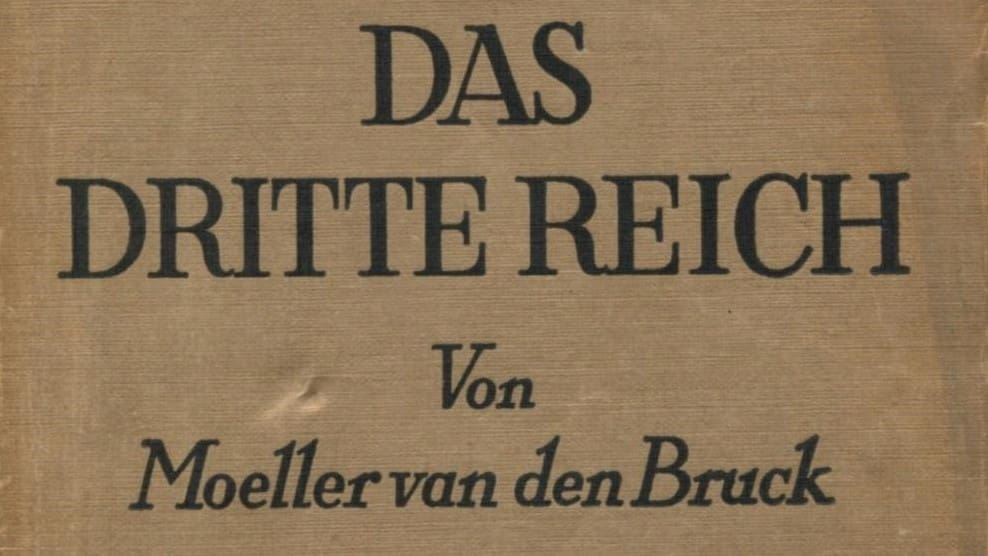
‘The phenomenon of the conservative revolution was partly a consequence of the collapse of the German state (formed in the 19th century by Bismarckian ‘state-building) after the First World War, and was born out of its internal and external crisis, its defeat in the war. In the broader context of ideological and political history, however, the conservative revolution, albeit a cataclysmic one, cannot be seen as the consequence of a single political event.’

‘Various machines also existed before modernity: the builders of the Gothic cathedrals of the Middle Ages also had considerable engineering and pragmatic knowledge, so it was not that they lacked the necessary knowledge, but above all they lacked the formulation and application of the machinic idea. The view that we must ceaselessly improve the human destiny by taking human destiny “into our own hands” is a historically new development, not much older than a couple of centuries at most.’

‘A radical paradigm shift is required in which mental suffering is understood not in isolation, but in relation to consuming and depriving human existence of its roots: family, community, and a transcendental orientation. Only then can Hungarian society, as well as the West as a whole, like a reemerging forest, rediscover itself and create a society based on human flourishing instead of technological determinism; a society full of mentally resilient people with meaningful lives.’
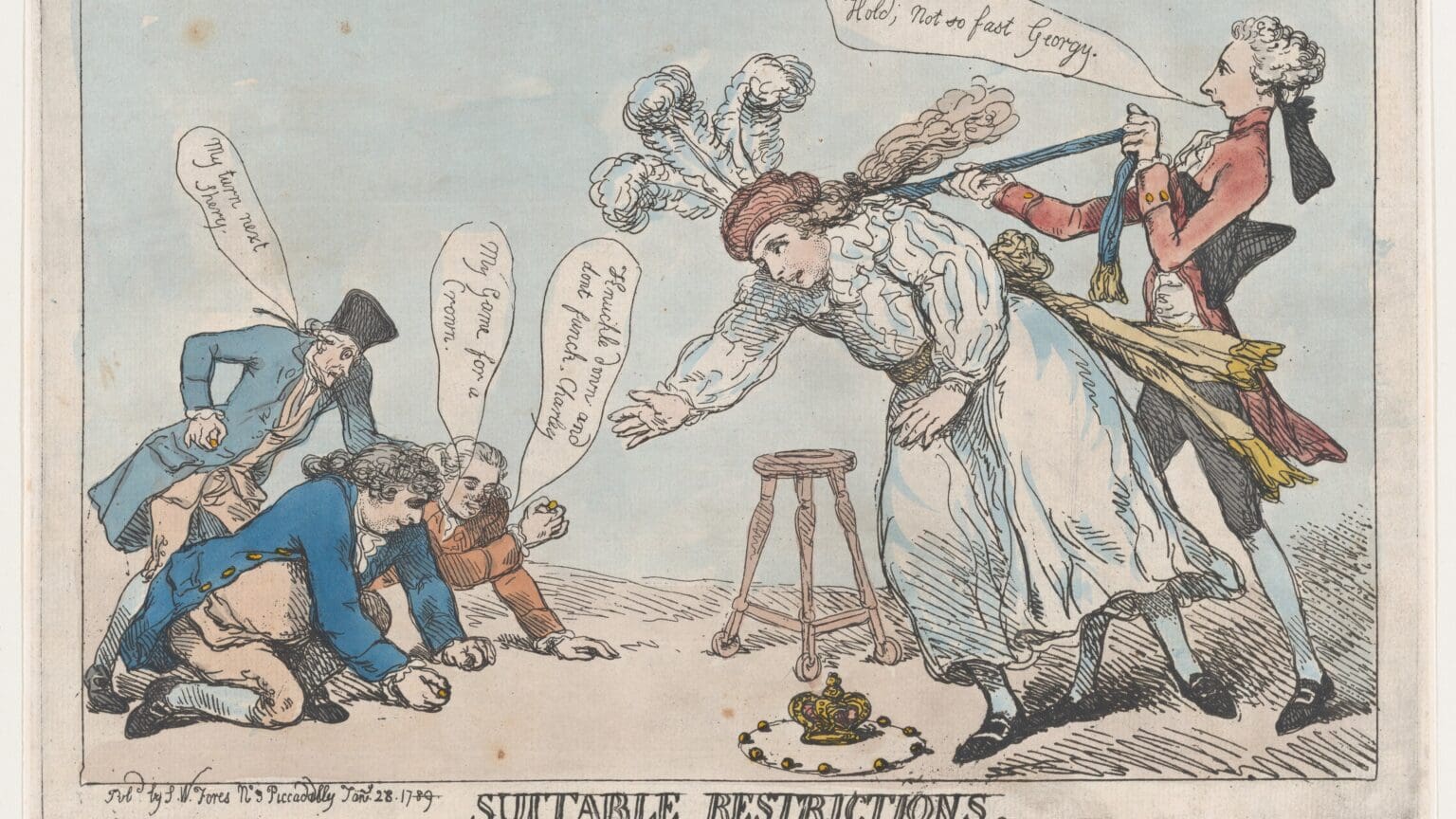
‘In today’s democracy, authority is in crisis because real authority cannot follow from mere quantity. Quantity is always relative, and the thing what is ‘never identical to itself’ cannot awaken the intuition of true respect, true authority, and true supremacy. A real authority is someone to which, as Edmund Burke writes, one can “freely and proudly submit” himself. Real authority would also require the recognition of the legitimacy of a transcendental sphere, beyond the world of relativity.’
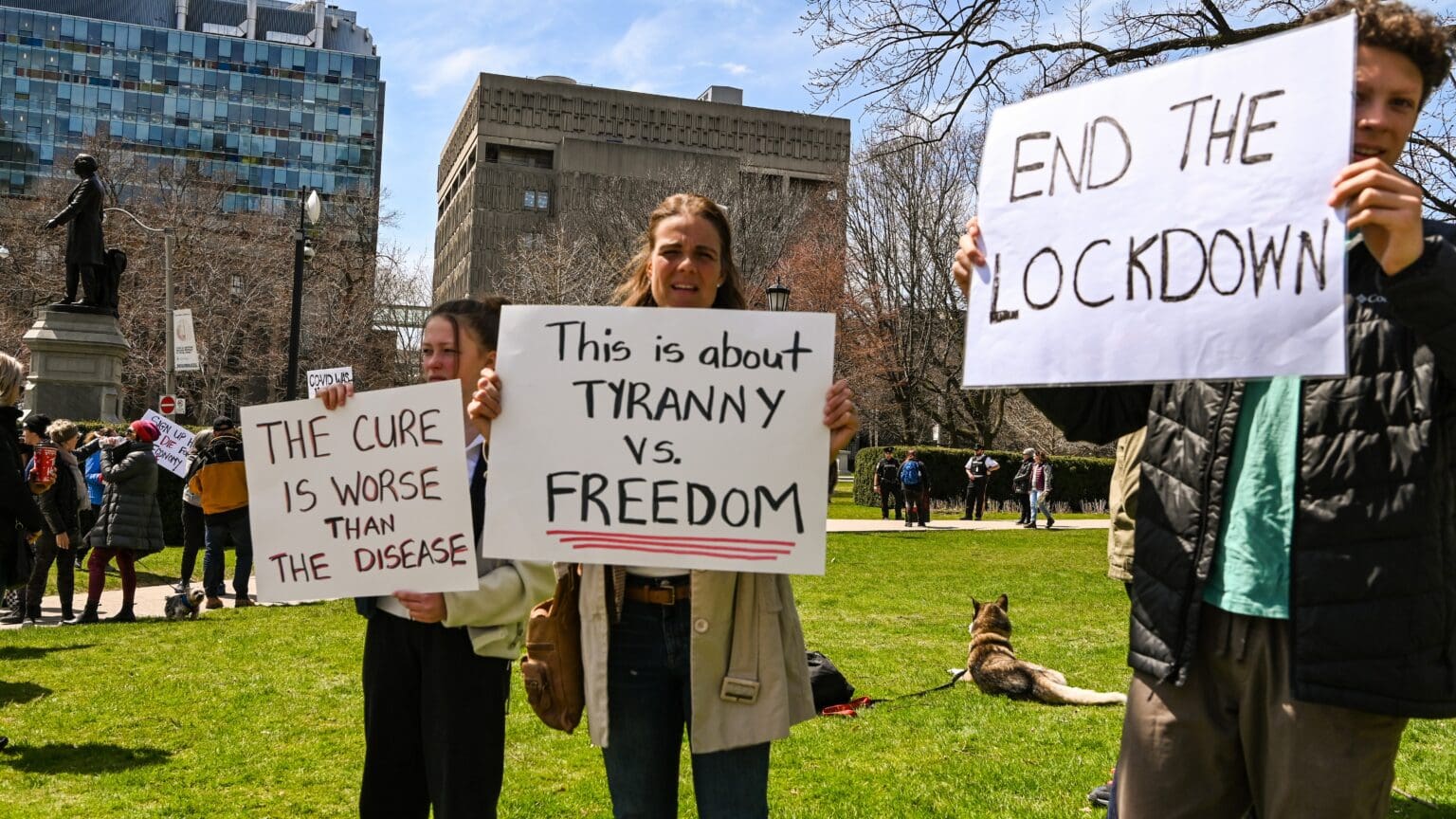
‘Schmitt’s thought becomes particularly relevant in understanding how governments define the parameters of inclusion and exclusion in their responses to the pandemic. Schmitt’s theories provide a realistic framework for analysing such complex political issues, and understanding such a critical perspective might encourage visible improvements in liberal legal and political systems.’

Spengler’s work has not lost any relevance over the century that has passed since it was released, but rather has become increasingly significant: it is now one of the inescapable foundations of the philosophy of history. Many of the predictions concerning the fate of humanity—especially the distinctions Spengler drew between culture and civilization—do not seem to contradict the major ideological, political, artistic, cultural, social, and economic trends of the present day.
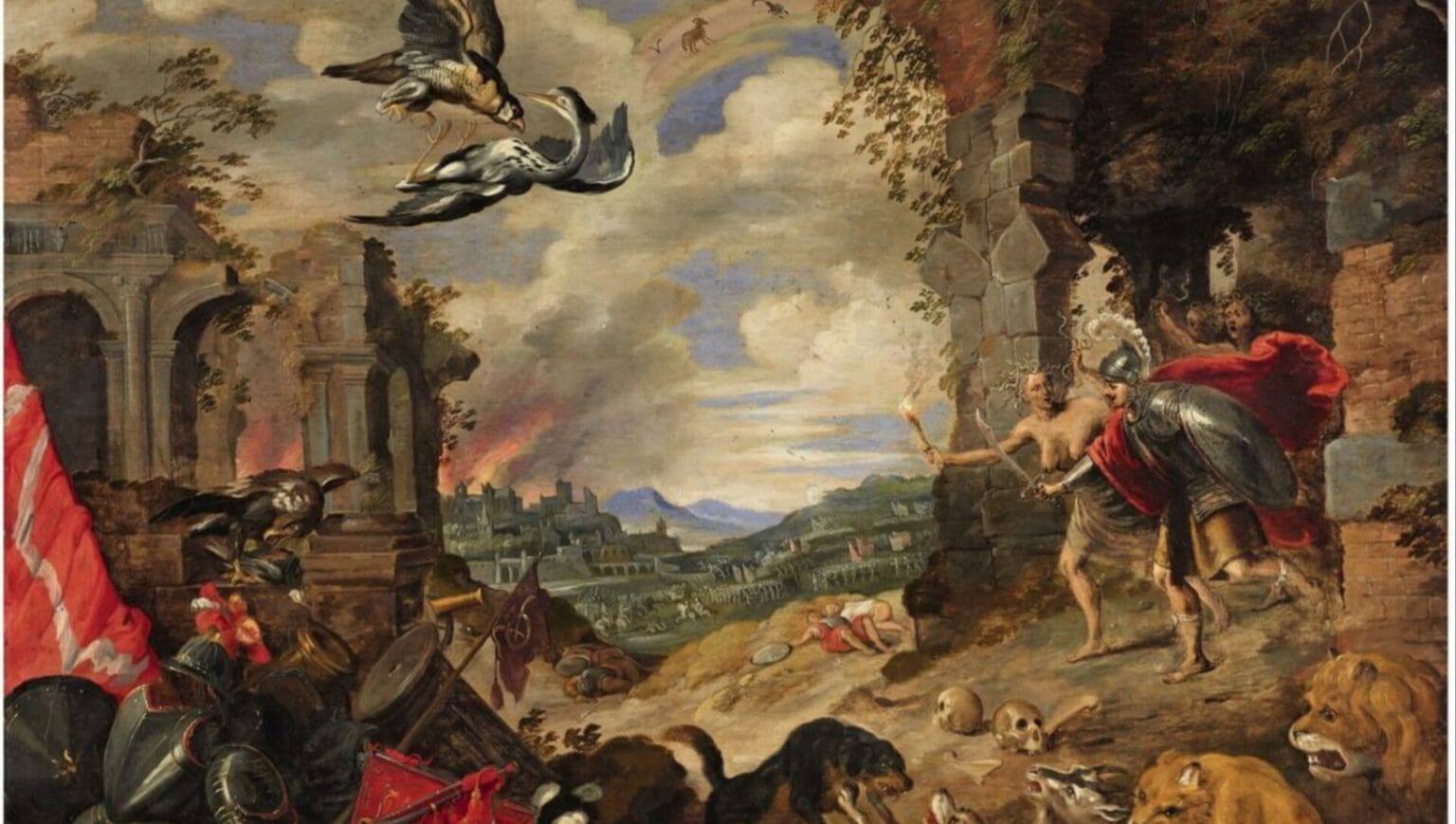
‘For material, political, and geopolitical reasons, democracies trend towards long-duration, remote, low-exposure, naval, air, and space warfare. An absent-minded reading might leave a reader with a sense of dissonance between democratic tendencies and democratic victories in two world wars. In fact, the world wars were distant and long-lasting for the few democracies that won in the end.’
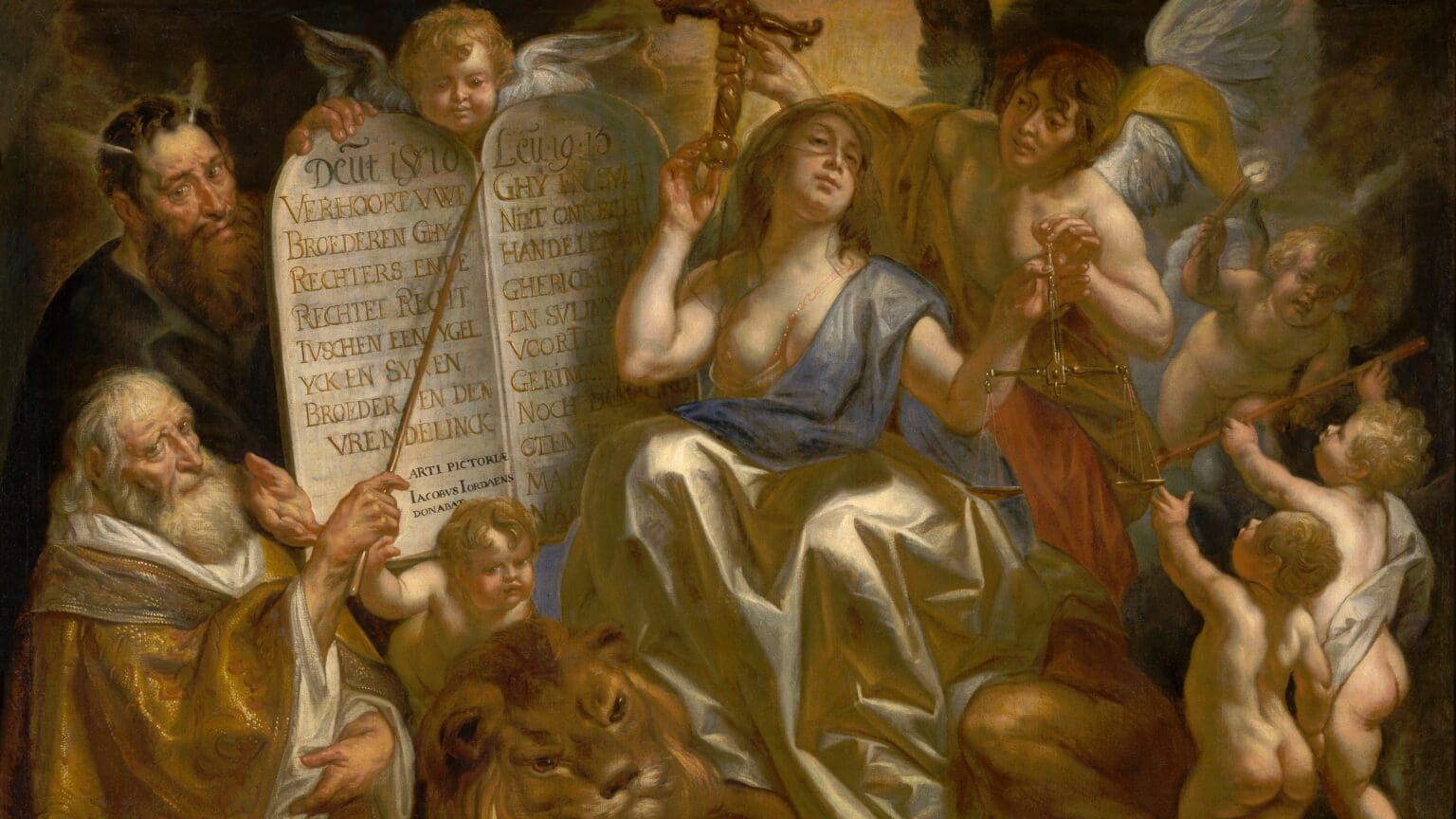
The notion of law reached new heights in the thirteenth century with Aquinas. Building upon the jurisprudence of the father of canon law, Gratian, who synthesized and harmonized the works of Roman jurists and the theological traditions, the Angelic Doctor developed the concept of law as that which is both absolute and rational, ordained by God Himself. Consequently, since God’s reason cannot be subjected to time, His law must be eternal, Aquinas reasoned.
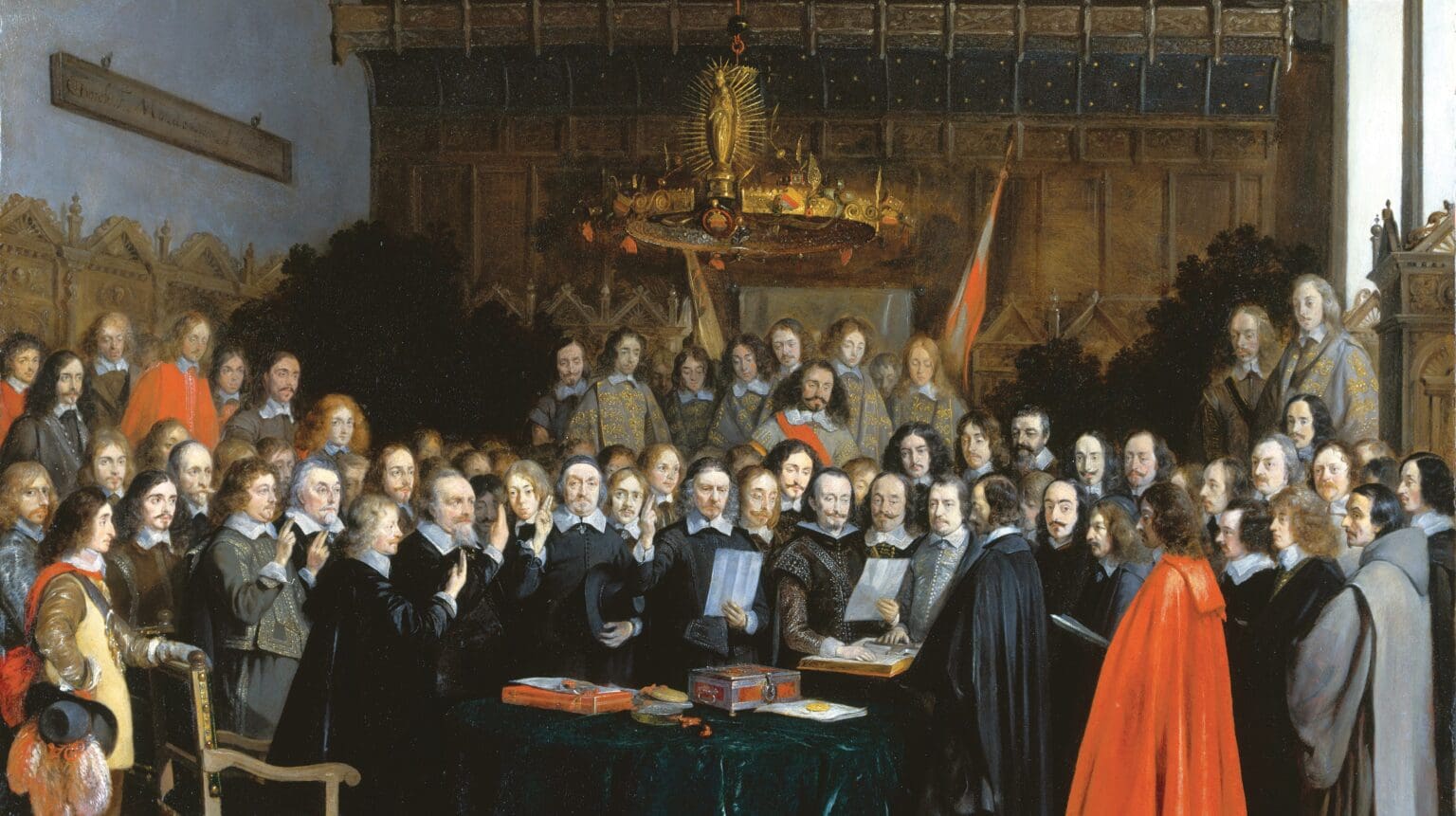
In Scruton’s philosophy…the social practice of legislation and jurisdiction could not be realized outside the national framework, because—regardless to their origins—the interpretation and the enforcement of the set of legal rules and moral duties, even human rights, are bound to nation states…
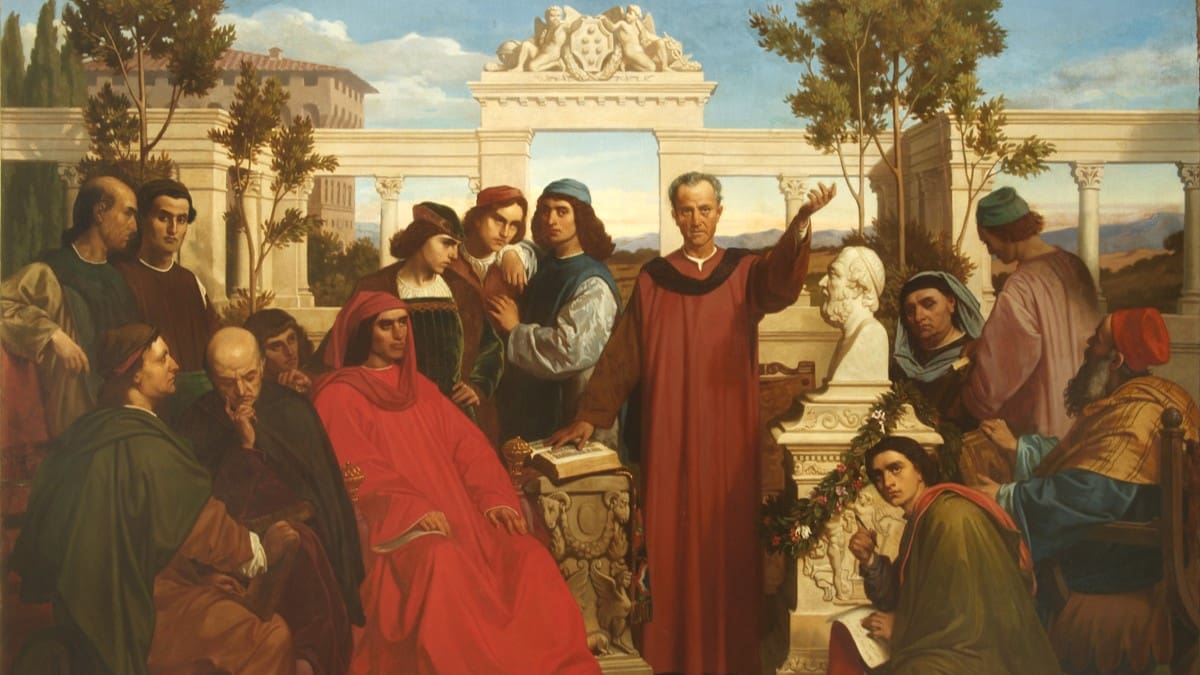
‘Before the corrosive spirit of purely rational analysis without synthesis became widespread, societies were conservative because they perceived the non-variable essence behind phenomena not only through their most eminent intellectuals but also collectively. The ‘‘men of the spirit’’ in each age had a particular connection with this spiritual essence, a relationship of a different quality than most of society. This is the origin of true priesthood and also of true ‘‘intellectuality’’.’

‘Instead of alienating modern man and calling him weak, conservatives should put forward mankind’s greatest treasure: a transcendental focus towards meaning. Only then can this time of polarisation and erosion of mental resilience, social cohesion and institutions be turned into a renaissance of society.’

Paradoxically, it seems that democracy can only sustain itself and protect itself from collapse, (tyranny and chaos) precisely by what is not democratic in it. It seems that it is always easier to justify democracy with a quasi-mystical hypothesis than with one that starts from the existing conditions of political realities. In democracy, we can clearly say that there is a huge gap between the ‘ideal’ and the ‘realistic’ and precisely because of this democracy definitely needs a ‘leap of faith.’

One simply cannot put something as complexly different as the Chinese intellectual field onto either the American left–right axis or the West-European ideological taxonomy. Ultimately, the Chinese field is a different world, albeit one that bears affinities with, and shows much interest in, us Western conservatives.
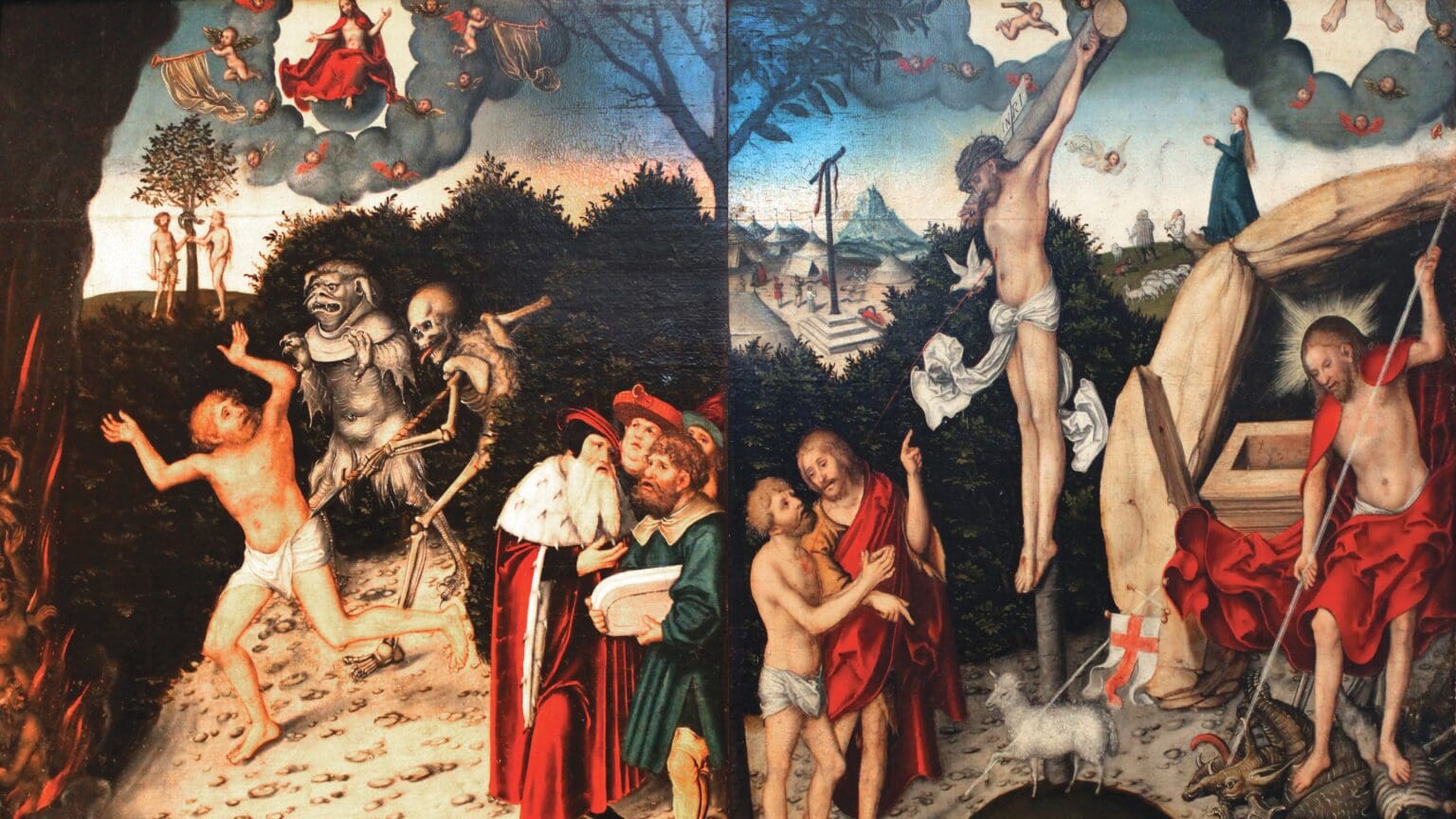
Nanos gigantum humeris insidentes, or dwarfs standing on the shoulders of giants, is a phrase first used by the twelfth-century French philosopher Bernard de Chartres. It has been chosen as the motto of the Barna Horváth Hungary Law and Liberty Circle, calling for a balance between healthy ambition and intellectual humility and respect for previous generations.

While the supposed freedom of a materialistic culture will tend to undermine any sense of the sacred, we can be aware of the false idols and choose to tend to our souls. Scruton, indeed, left us a final work on this very topic.
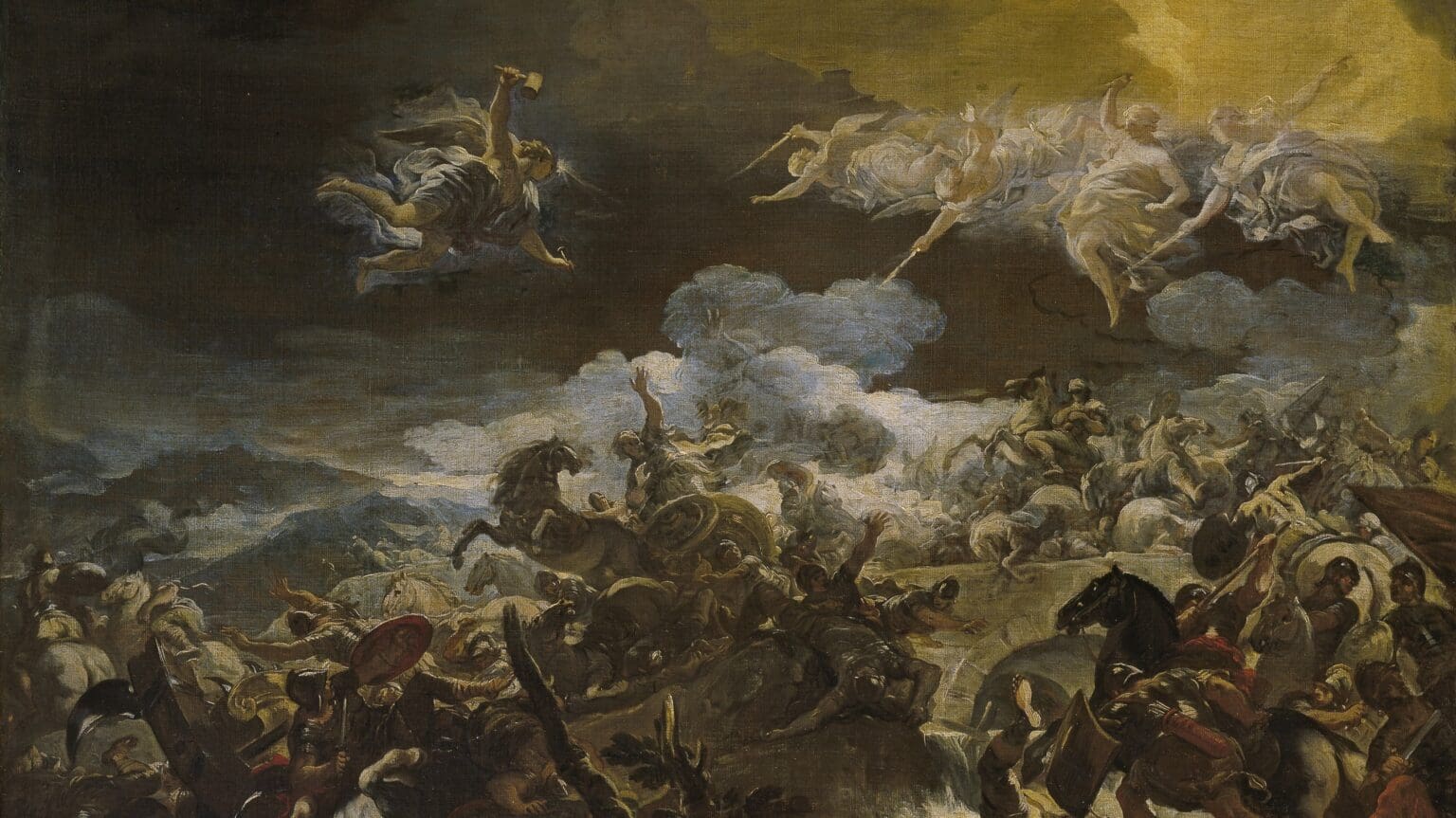
The inherent dilemma regarding the rules of engagement in a just war is that they tend to become either vague or restrictive when military operations fail to achieve victory or a ceasefire leading to peace.
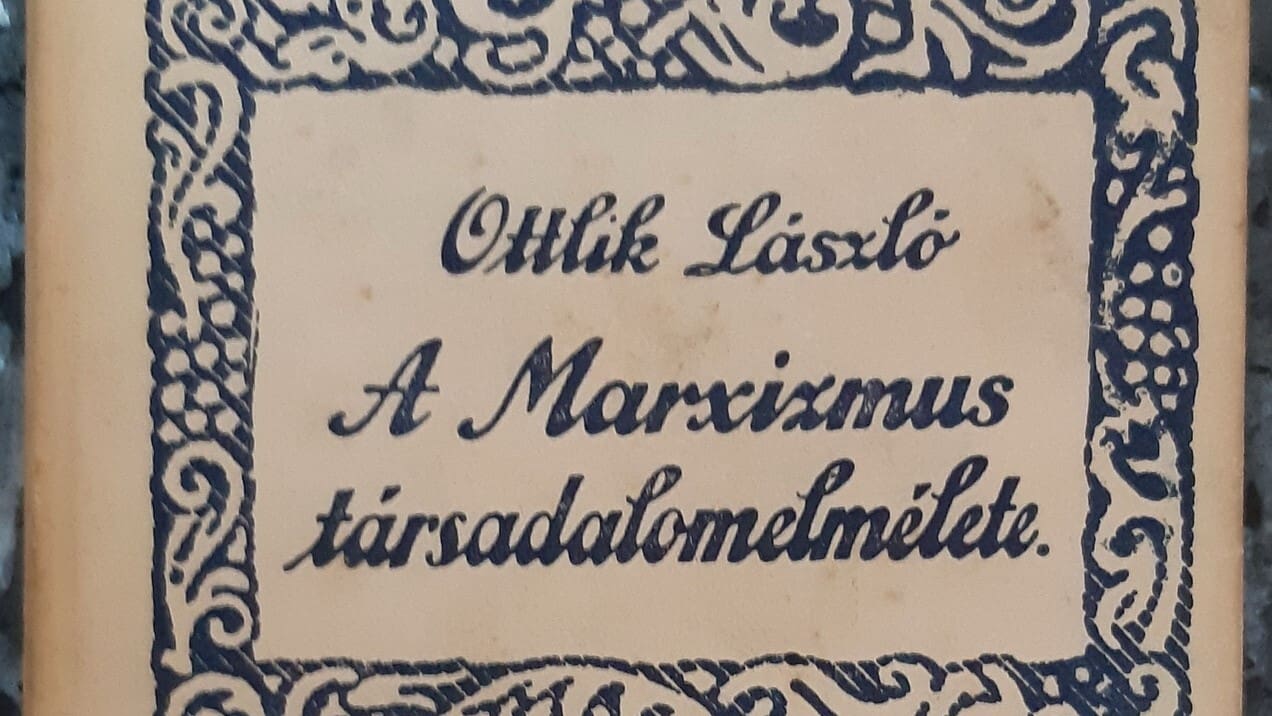
Political philosophy that is clearly separated from legal philosophy could not really take root in Hungary either in the Renaissance or in the 18th–19th centuries. Outstanding experiments such as certain writings of Count István Széchenyi or Aurél Dessewffy, the ‘Ruling ideas’ of Baron Eötvös or some excellent political essays by Zsigmond Kemény remained isolated experiments. Ottlik is one of the first Hungarian practitioners of political philosophical thought who can be integrated into the Western traditions of political thinking.
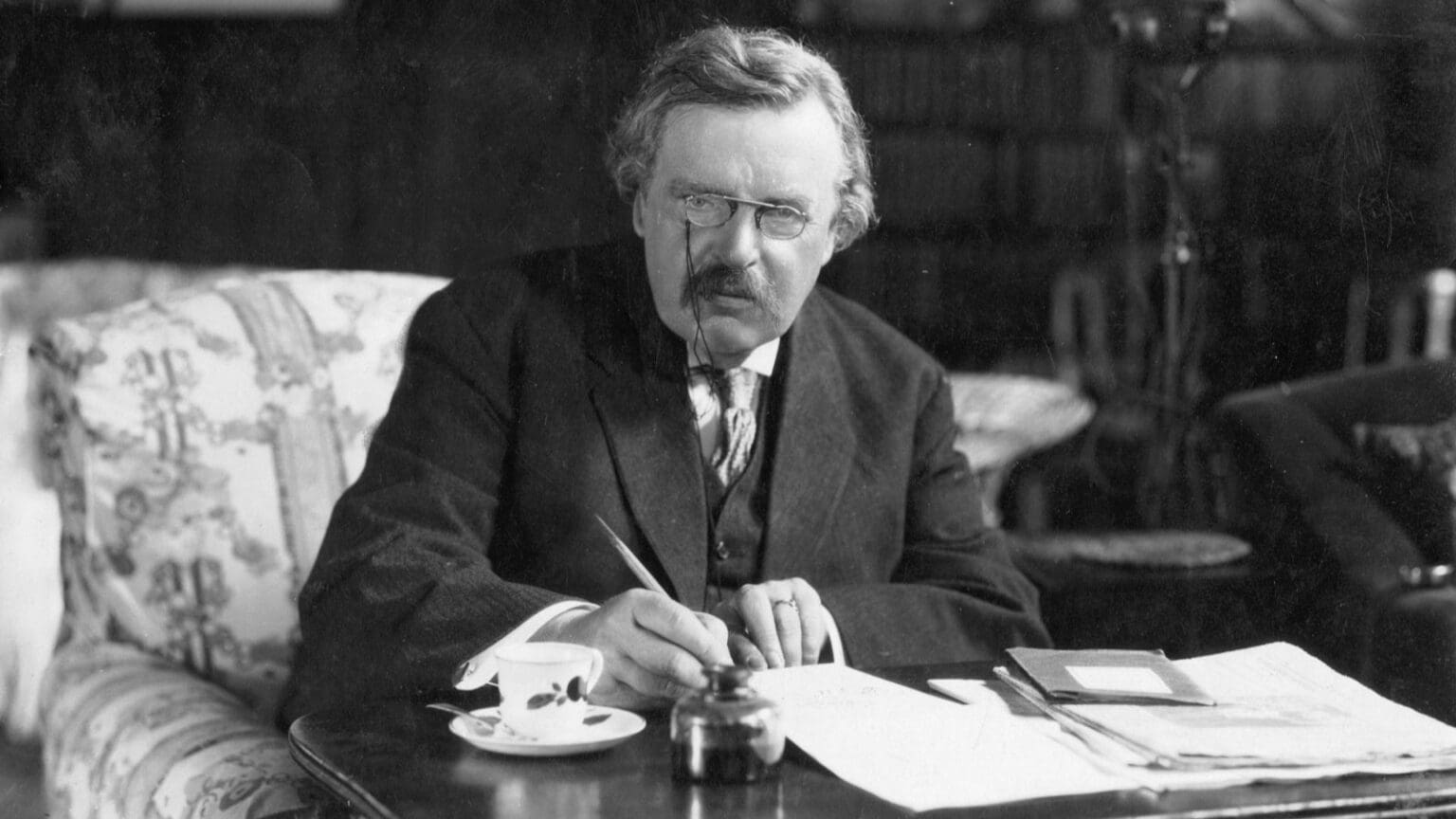
The most characteristic phenomenon of modern industrial capitalism in Chesterton’s assessment is the development and creation of the so-called ‘trusts,’ economic monopolies that deliberately strangle small businesses, while not infrequently operating as a criminal consortium, intertwined with political and state power.
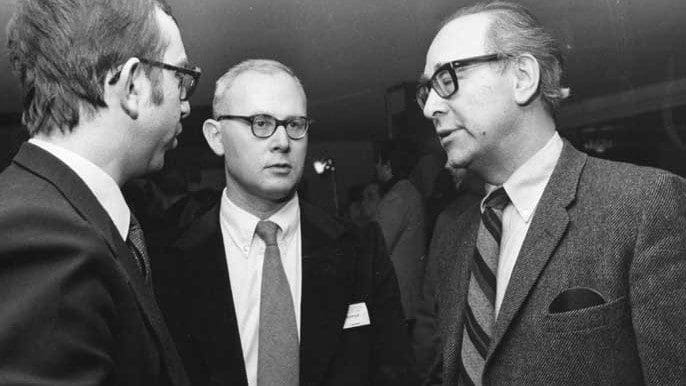
‘The duality of God and man is the most fundamental reality of existence: a reality which can structure and constitute all relations of human beings. This principal duality is the source of everything: epistemology, ontology, moral philosophy, politics, and—of course, as Martin Buber said before—the “Ich und Du” relationship is the source of the true philosophy of religion and theology. This point of view is close to the most fundamental personalities of modern Catholic thought, and the philosophy of neo-Thomists such as Jaques Maritain and Étienne Gilson. According to Molnar, this “I and Thou” is the message which the true Christian philosopher has to protect against modernity’s aggressive immanentism, which could be materialist or spiritualist, too. The essence of this immanentism is the dissolution of transcendence into man’s imaginary “divinity”—to reach the deification of the world.’
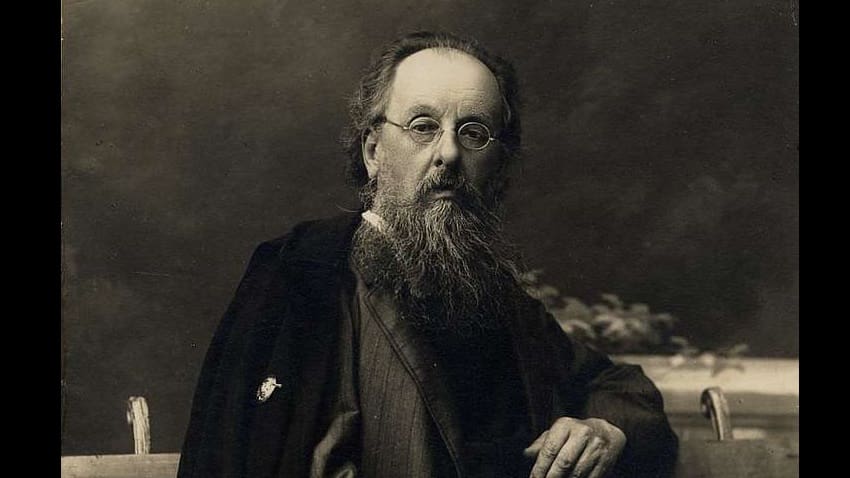
‘What is less known is that Tsiolkovsky essentially wrote his groundbreaking contributions to rocket theory as supplementary notes to his philosophy of space exploration, which was the primary focus of his attention and consumed most of his efforts. What is even less acknowledged is that the philosophical foundations of his framework had an inalienable influence of Christianity that played an important role in shaping his perspective, a fact which Tsiolkovsky himself recognized.’
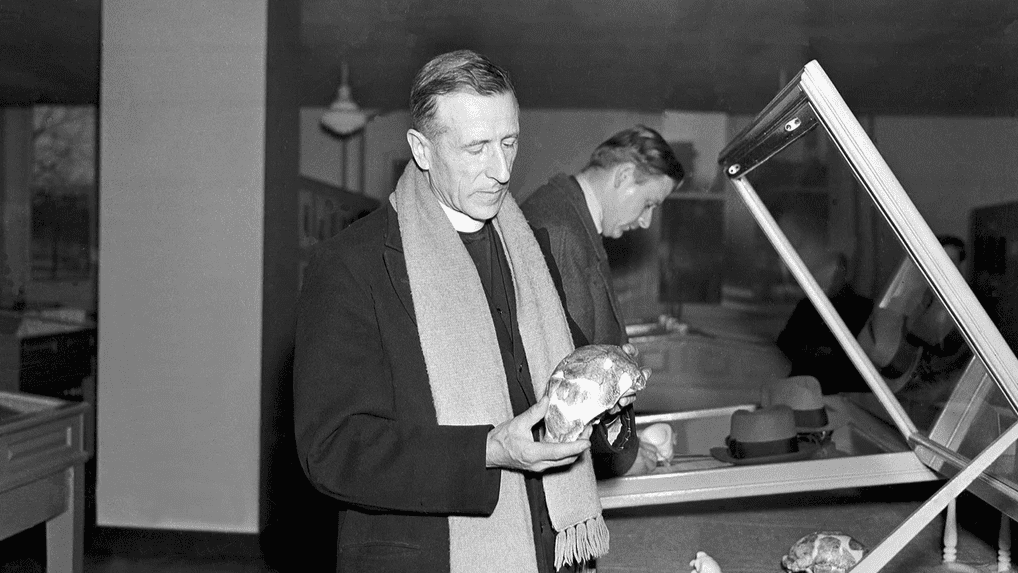
Pierre Teilhard de Chardin is without a doubt one of the most prominent theologians of the 20th century, whose intellectual contributions to both science and religion gained recognition and respect from both the clergy and the scientific community. His oeuvre demonstrates that faith and scientific inquiry are in fact not at odds with each other.
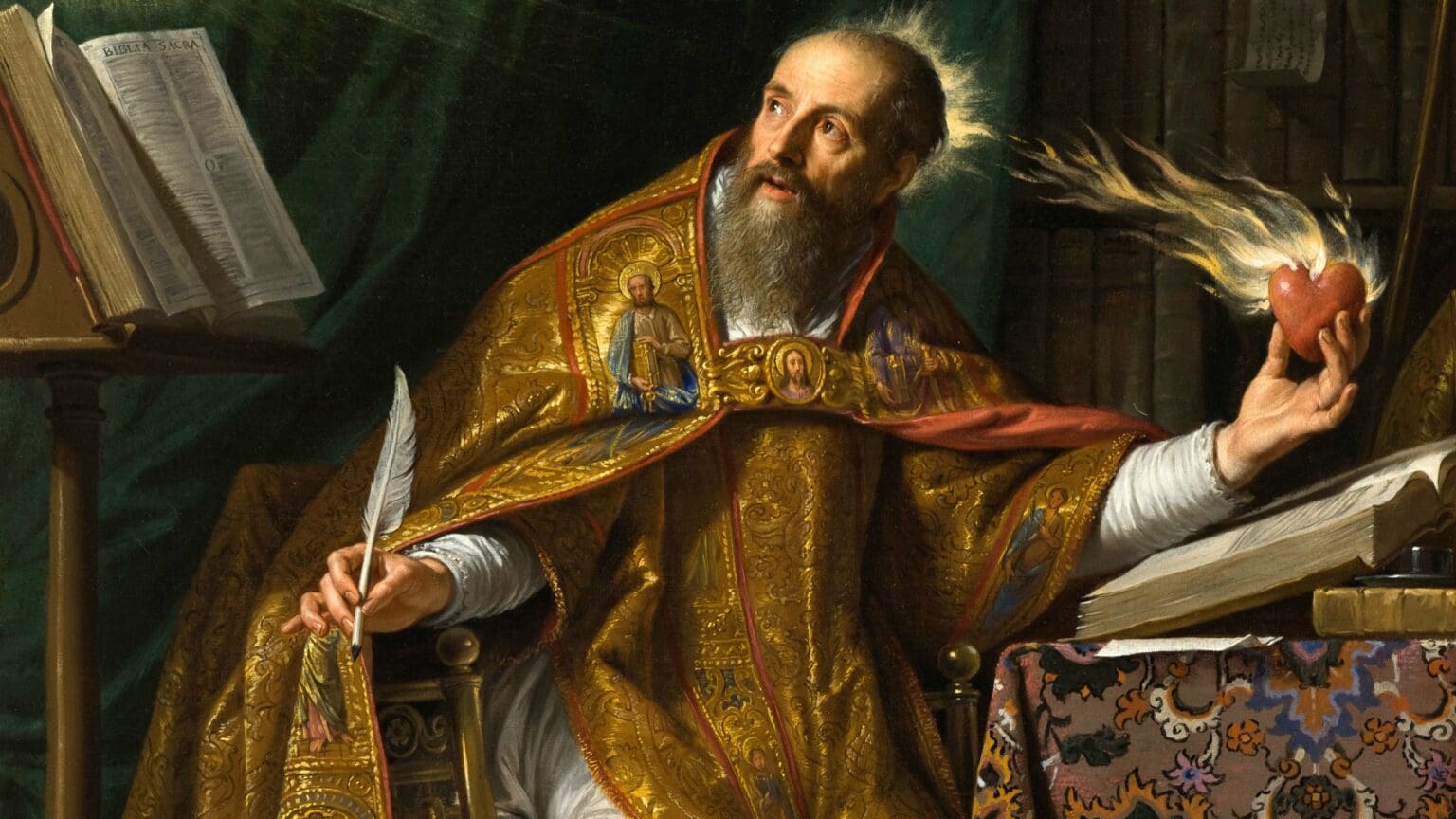
One of the recurring topics of Agustine of Hippo’s City of God, a foundational work of Western philosophy, is his critique of Roman religion as having no moral teachings to offer.

‘When Marx explained the philosophical foundations of dialectical materialism, he first of all referred to the “development of the natural sciences”, just as the representatives of today’s New Atheist movements like to claim that “science has surpassed God” when explaining their theories.’